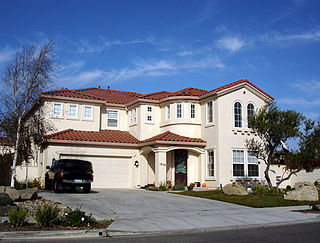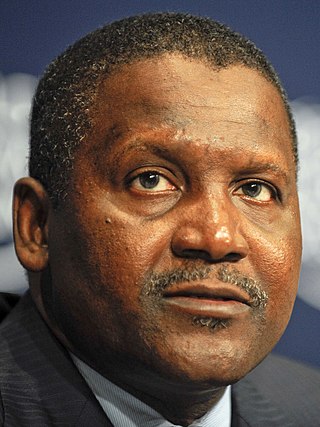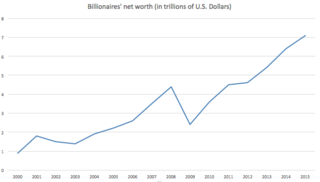
Jeffrey Preston Bezos is an American businessman, media proprietor and investor. He is the founder, executive chairman, and former president and CEO of Amazon, the world's largest e-commerce and cloud computing company. He is the wealthiest person in the world, with a net worth of about US$199.1 billion as of March 2, 2024. He was also the wealthiest from 2017 to 2021, according to both the Bloomberg Billionaires Index and Forbes.
James Douglas Packer is an Australian billionaire businessman and investor. Packer is the son of Kerry Packer, a media mogul, and his wife, Roslyn Packer. He is the grandson of Sir Frank Packer. He inherited control of the family company, Consolidated Press Holdings Limited, as well as investments in Crown Resorts and other companies. He is the former executive chairman of Publishing and Broadcasting Limited (PBL) and Consolidated Media Holdings, which predominantly owned media interests across a range of platforms, and a former executive chairman of Crown Resorts.

A millionaire is an individual whose net worth or wealth is equal to or exceeds one million units of currency. Depending on the currency, a certain level of prestige is associated with being a millionaire. Many national currencies have, or have had at various times, a low unit value, in many cases due to past inflation. It is obviously much easier and less significant to be a millionaire in those currencies, thus a millionaire in Hong Kong or Taiwan, for example, may be merely averagely wealthy, or perhaps less wealthy than average. A millionaire in Zimbabwe in 2007 could have been extremely poor. Because of this, the term 'millionaire' generally refers to those whose assets total at least one million units of a high-value currency, such as the United States dollar, euro, or pound sterling.

The distribution of wealth is a comparison of the wealth of various members or groups in a society. It shows one aspect of economic inequality or economic heterogeneity.

High-net-worth individual (HNWI) is a technical term used in the financial services industry to designate individuals who maintain liquid assets at or above a certain threshold. Typically, these individuals are defined as holding financial assets valued over US$1 million. A secondary level, a very-high-net-worth individual (VHNWI), references an individual with a net worth of at least US$5 million. The terminal level, an ultra-high-net-worthindividual (UHNWI) holds US$30 million in investible assets. Individuals with a net worth of over US$1 billion are considered to occupy a special bracket of the UHNW. These thresholds are broadly used in studies of wealth inequality, government regulation, investment suitability requirements, marketing, financing standards, and general corporate strategy.

Black billionaires are individuals who are of predominantly African ancestry with a net worth of at least US$1 billion.

Aliko Dangote is a Nigerian businessman and industrialist. He is best known as the founder, chairman, and CEO of the Dangote Group, the largest industrial conglomerate in West Africa. The Bloomberg Billionaires Index estimated his net worth at $16.1 billion in November 2023, making him the richest person in Africa, the world's richest black person, and the world's 107th richest person overall.

Anthony Joseph Pratt, an Australian businessman and billionaire, is the executive chairman of Visy Industries, the world's largest privately owned packaging and paper company. Pratt is the heir to Richard Pratt, the former chair of Visy Industries and Leon Pratt, who co-founded the company in 1945.
The Forbes list of Australia's 50 richest people is a list of Australia's fifty wealthiest individuals and families, ranked by personal net worth published annually by Forbes Asia magazine. The list provides a short summary on some of the known business activities of the individuals and families, together with commentary on how their ranking has changed from the previous year, if listed. The list is published annually in January in an online format and updated daily, also online.

The World's Billionaires is an annual ranking of people who are billionaires, i.e., they are considered to have a net worth of US$1 billion or more, by the American business magazine Forbes. The list was first published in March 1987. The total net worth of each individual on the list is estimated and is cited in United States dollars, based on their documented assets and accounting for debt and other factors. Royalty and dictators whose wealth comes from their positions are excluded from these lists. This ranking is an index of the wealthiest documented individuals, excluding any ranking of those with wealth that is not able to be completely ascertained.

The Bloomberg Billionaires Index, launched in March 2012, is a daily ranking of the world's 500 richest people based on their net worth. It features a profile of each billionaire, and includes a tool that allows users to compare the fortunes of multiple billionaires. The index is updated every day at the close of trading in New York.












